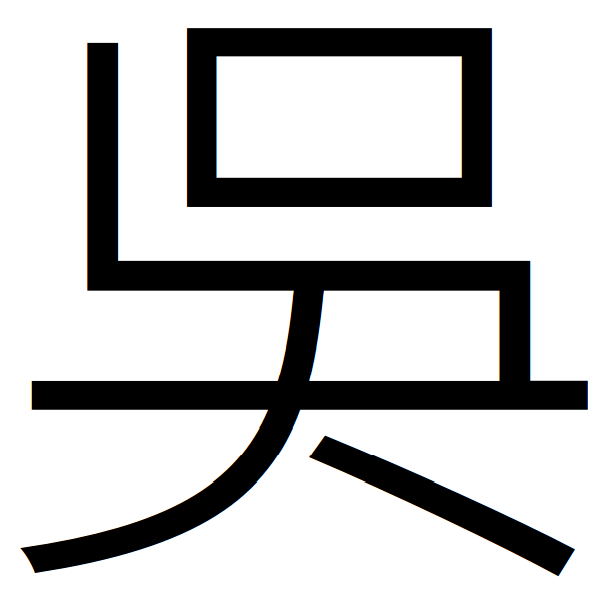Diana dropped me off at the airport for my 8 p.m. flight to Munich (on my way to Fuschl am See, Austria, for an IFSR meeting). Since I was late for my flight last fall, I made extra sure this time that I would be early. We arrived at about 5:30 p.m. for an 8:00 p.m. flight. I tried to check in, but the first agent said that I couldn’t be assigned a seat. She said that the equipment was being changed (i.e. one aircraft was being swapped for another), and that my baggage would have to be tagged as standby. Since this is a complication that could result in my luggage being left in Toronto, I declined, and she told me to come back in 20 minutes.
In 15 minutes, I was back in line. The second agent said that there wasn’t an issue with equipment being changed, and I still couldn’t be assigned a seat. My baggage was tagged as standby, and I went through the security check to get to the departure gate. (I normally would have stopped by the Maple Leaf Lounge for soup and sandwiches, but Diana packed dinner for me). At the departure gate, no agent showed up until 7:15 p.m., and then there about 40 people got into line. He told everyone to wait, and he would call them.
At 7:30 p.m., boarding started. At 7:45 p.m., I was one of two persons left sitting in the departure area. The agent finally called my name, and I got my boarding card. I lined up, and was right behind a person with whom the Air Canada agent was saying “Sir, there’s no call for that type of language”. I’m used to flying, so I wasn’t really worried about making it onto the flight, but it’s likely that others aren’t quite as patient.
I flew over in a middle seat of the last row of the second cabin (behind business class), and mostly dozed on the flight. I had my inflatable neck pillow and eye shades, and my feet fit on top of my bag under the seat in front of me. (It pays to be small on trans-oceanic flights). I woke up and caught the end of Aeon Flux — a good time-waster. Some more dozing, and next thing I knew, we were on descent into Munich. My baggage arrived, without drama.
Seat assignments are one of those behind-the-scenes things that work well for frequent flyers. I overheard the check-in agents working their way through the list of premium (full fare) customers, Super Elite and Elite passengers. If I had still been at one of the higher levels, I might have been offered a free upgrade. (The airlines like to fill up business class, because it’s a fixed cost, anyway). Unfortunately, Air Canada doesn’t give points for discount fares within North America anymore, so I’ll have to earn my Elite status on trans-oceanic flights. Since this trip, I’ve been trading stories with others who have lost their gold status, and are saying that they’ve been sent into the last class for boarding, as a penalty for falling from their levels of high status.


